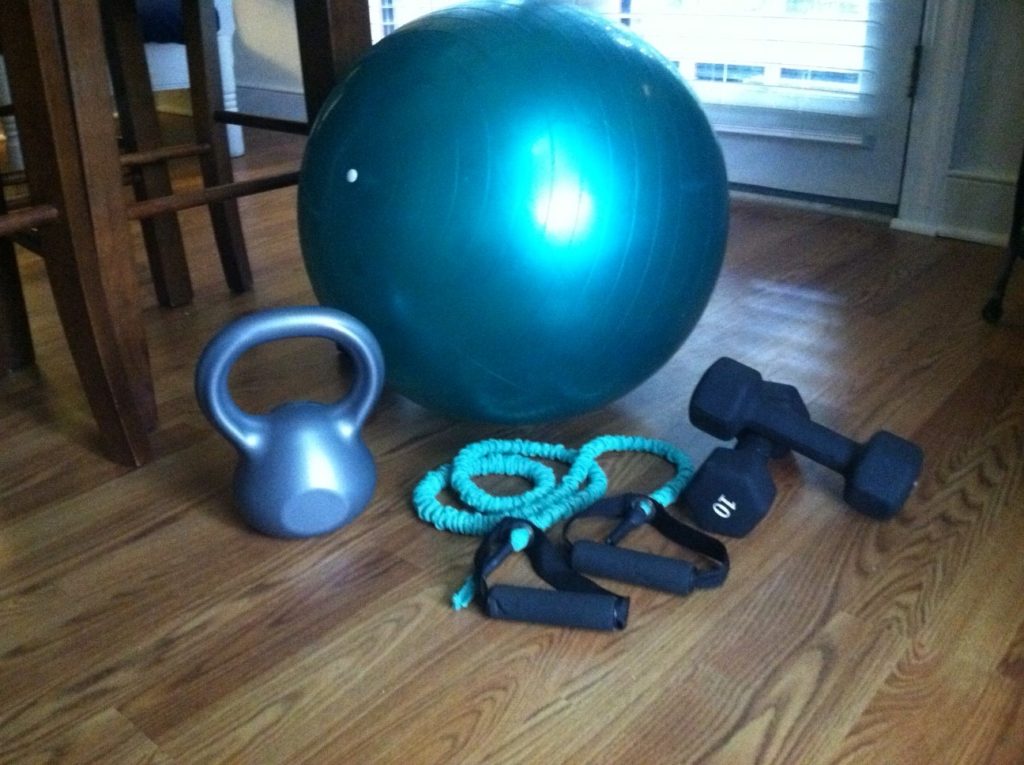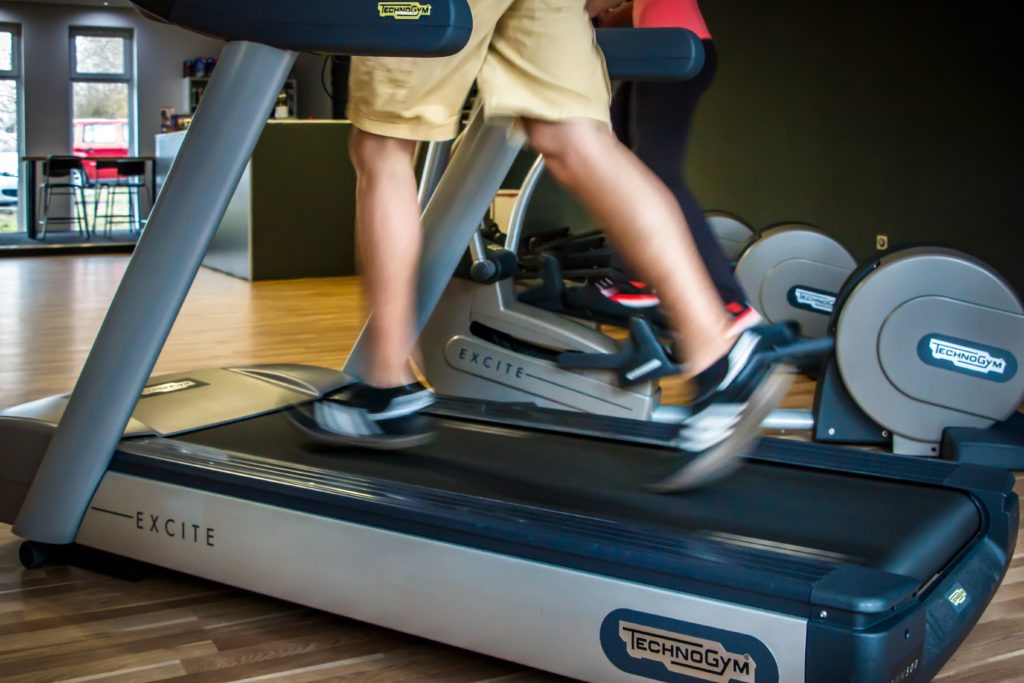As a Physiotherapist providing personalised cardiac rehabilitation  programs for individuals of different ages and walks of life, it is part of my work to address their questions and concerns related to exercise. In this blog post, I hope to clarify some of the doubts pertaining to exercise in the minds of patients who have undergone or are planning to go through a cardiac surgery.
programs for individuals of different ages and walks of life, it is part of my work to address their questions and concerns related to exercise. In this blog post, I hope to clarify some of the doubts pertaining to exercise in the minds of patients who have undergone or are planning to go through a cardiac surgery.
- Is it safe to exercise after a bypass surgery? Yes. It is not only safe to exercise after a bypass surgery but it is also a part of the treatment plan after someone is diagnosed with coronary blocks and undergoes stent procedure or bypass surgery. In fact, regular exercise has been proven to improve the outcomes after all types of cardiac procedures including valve replacement, device implantation and even heart transplantation. Be sure to talk to your doctor before you start your exercise routine as a comprehensive Cardiac Rehabilitation program that offers supervised exercise sessions along with nutritional advice and psychosocial counselling is ideal.
2. How will I benefit from exercise? Regular exercise after a heart surgery has the following benefits:
- Helps you get back to work early
- Reduces the risk of future cardiac events
- Restore your physical function to normal
- Improves stamina and confidence
- Reduces stress
- Lowers the chance of depression
- Helps reverse the coronary blocks
3. What kind of exercise can I do and when can I start? You can do aerobic exercises like walking and cycling in the initial period after surgery but after some time strength and flexibility exercises and even high-intensity exercises can be done. However, the exercise training should only begin after the surgical wound heals completely and is best done under the medical supervision of a cardiac rehab team.
4. Is the exercise program common for all patients?
No, it will be a personalised program specifically designed for you by a medical practitioner following international guidelines.
5. How hard can I exercise?
The exercise should be started at low intensity and it can progress gradually according to your body’s response. We generally recommend a walking program for patients, to begin with.
6. Can you guide me on how to go about a walking program?
Start your program with shorter sessions, for example, 10-15 minutes of slow walking, and gradually progress to 30-40 minutes of brisk walking with 10 minutes of warm up and 10 minutes of cool down periods. Please consult your healthcare provider prior to starting any exercise plan.
7. Can I get back to playing sports and swimming after my heart surgery? If you have been playing some sports and swimming prior to your heart surgery, you can safely resume these activities after your cardiac rehab program. During the rehab program, you will gradually increase your work-out intensity in a safe environment where your clinic parameters will be monitored. The rehab team will prepare you for playing the sport of your choice with due consideration to your heart function, risk factors and medications. Swimming is a great exercise but it can be an extra burden on the diseased heart; so please take medical advice before hitting the pool.
8. What are the warning signals to be noted during exercise?
If you experience any pain or discomfort in the chest, shortness of breath, dizziness, unusual sweating or palpitation (abnormal heartbeat), you should stop the exercise, take rest and report to your doctor at the earliest. Any upper body tightness, pain or discomfort can be a warning signal for cardiac problem.
9. How can I include more physical activity in my everyday life?
You can take the steps instead of the elevator if your home or office is on the first few floors of a high rise building. While going for shopping, park your vehicle as far away as you can to walk those extra steps. But be cautious not to carry heavy bags on your way back as lifting heavy objects can be harmful to the heart. If you are engaged in a desk job, get up from your seat every half an hour and do some stretches.
10. What happens after I complete the cardiac rehabilitation program?
After completion of the exercise program in cardiac rehabilitation, you will know the safe and effective method of exercise, the cardinal warning signs to be noted while you exercise and the various types of exercises (strength, flexibility, etc..) and how to mix and match them
Here are some general exercise tips:
- Start slowly, progress gradually
- Exercise in small groups to stay motivated
- Exercising regularly is more beneficial than exercising in bouts
- Don’t overdo any exercise; go by the response of your body
- Stay hydrated; do not exercise in extremely cold or very hot weather conditions
.
